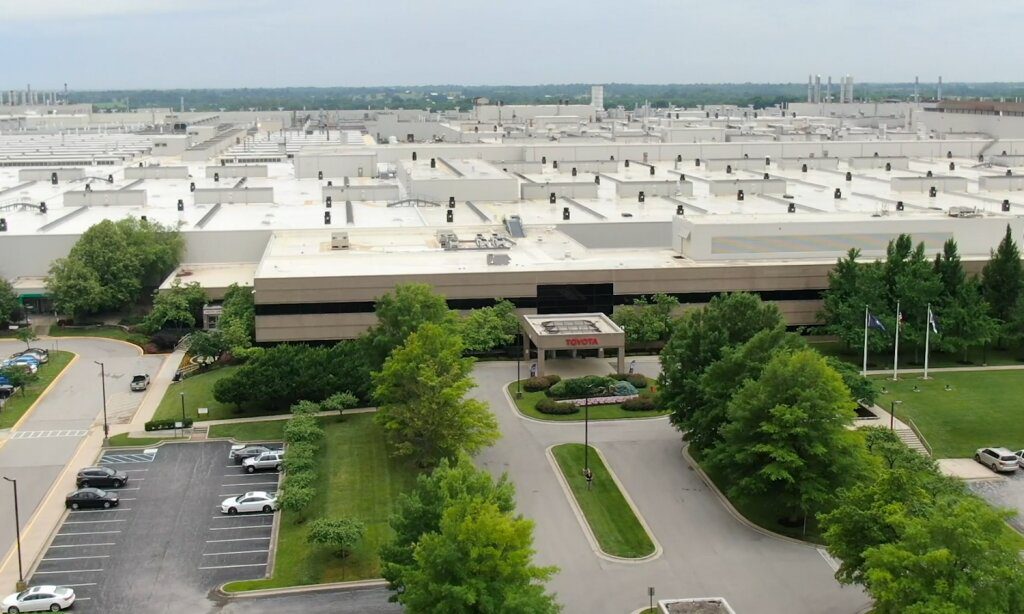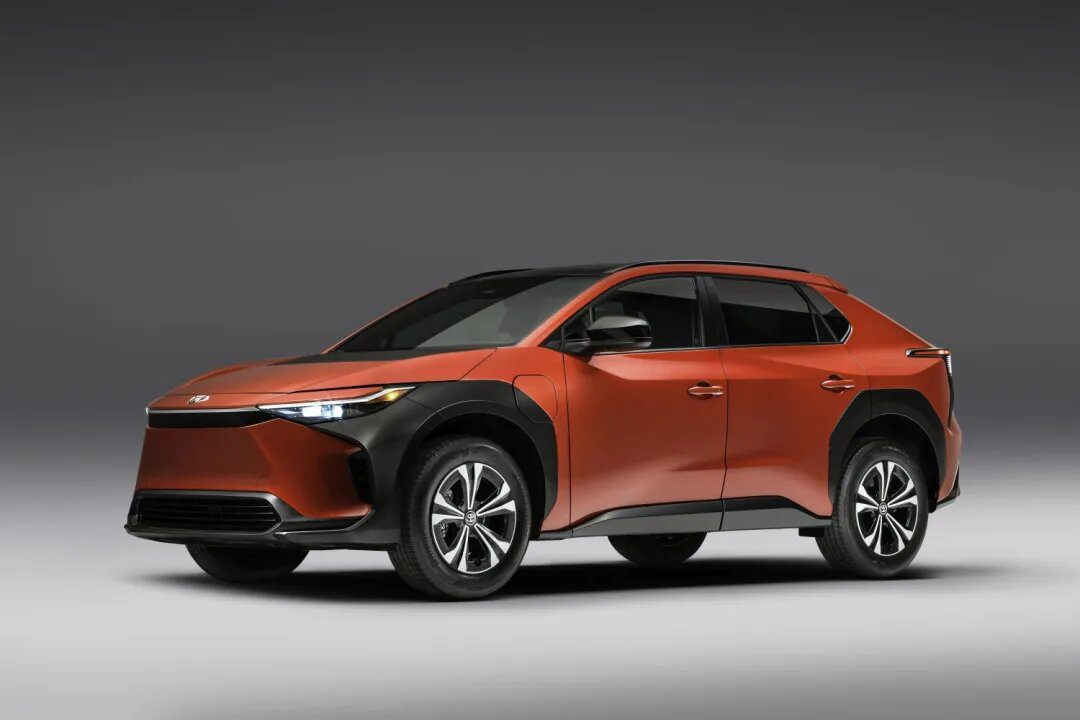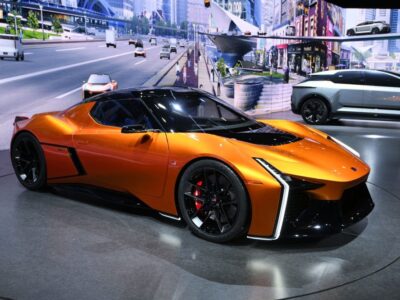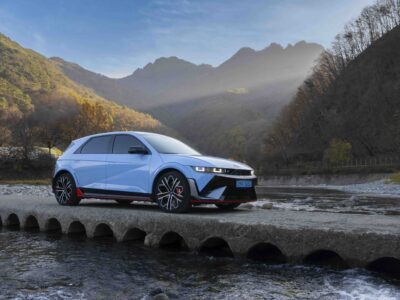Toyota unveiled a pretty nifty update on its North American electric vehicle (EV) production. Asian news outlet Nikkei broke the news that the carmaker will start producing EVs in the U.S. from its factory in Kentucky. By 2025, the company plans to make zero-emission cars and trucks in America’s heartland.
This announcement is monumental for the automaker. Not only does this ease supply chain issues, but the Kentucky factory will also help Toyota qualify for the $7,500 clean vehicle tax break under the Inflation Reduction Act. Coupled with the North Carolina battery plant expansion currently being constructed, the Japanese auto giant is setting itself up nicely while aiding the American transition to electric cars. Production is expected to begin by 2025.

The Georgetown, KY, factory has built a legacy for itself. The doors opened in 1988, with iconic American-made Toyotas like Camry and RAV4 produced at the plant, some of the most popular vehicles in the U.S.
The company says the factory can manufacture 550,000 vehicles and 600,000 engines annually. In addition, 9,300 jobs have been created, and more could follow with this EV production update.
The North Carolina plant is expected to be complete by 2025 and add another 2,100 jobs, signaling that Toyota is poised to provide the country with high-quality EVs and employment opportunities.
It’s unclear what kind of EVs will come out of Georgetown. Green Car Reports speculates the brand may not make bespoke electric cars in America but focus on refurbishing internal combustion engine models for electrification. Another option is to continue production of established Toyota, Lexus, and Subaru EVs.
Toyota is committing serious capital investments toward its EV fleet. The battery plant expansion is no small feat, costing the auto firm around $2.5 billion. It plans to produce 200,000 EVs in the U.S. by 2026. That’s in addition to the greater goal of making over one million EVs globally. Production plants in China, Japan, and India are helping to achieve this goal.

The factory update coincides with another milestone at Toyota. After 14 years of leading the company, Akio Toyoda stepped down as CEO. Koji Sato, president of Lexus International, assumed the role on April 1, 2023. Sato will oversee all aspects of the firm’s operations, which includes electrification. This leadership change isn’t likely to affect the automaker’s long-term environmental consciousness goals.
Despite being one of the largest auto manufacturers, Toyota is not producing EVs rapidly. While some rivals like Chevy and Tesla have deployed thousands to millions of units, the brand only produced 24,000 EVs across its namesake brand and Lexus in 2022. If that seems surprising for such a big player in the industry. However, there’s a reason for a lower production rate compared to other producers.
It’s fair to say Toyota has a reluctance about electric cars. On more than one occasion, company representatives said EVs are not the only way to curb the effects of climate change.
In a corporate video, chief scientist Gill Pratt explained there are ways to reduce carbon emissions sooner than waiting for widespread EV adoption. He notes how technology predictions aren’t reliable enough to bank on electric cars being the most viable climate change solution.
In December 2021, the carmaker gave a presentation called “Reinventing the Wheel” at the World Economic Forum. The firm outlined how lithium sourcing is still a huge hurdle for broad-spectrum EV adoption. That’s not to say they don’t believe in zero-emission vehicles. Toyota is a huge advocate of hybrid engines, and hydrogen power and fuel-cell powertrains.
“Diverse solutions will reduce more carbon emissions sooner,” Pratt said in the video.
That said, Toyota is still investing heavily in EVs and will continue to do so. This decision on North American EV production signifies the company does take electrification seriously. The firm hopes to sell more than 3 million electric cars by 2030.





